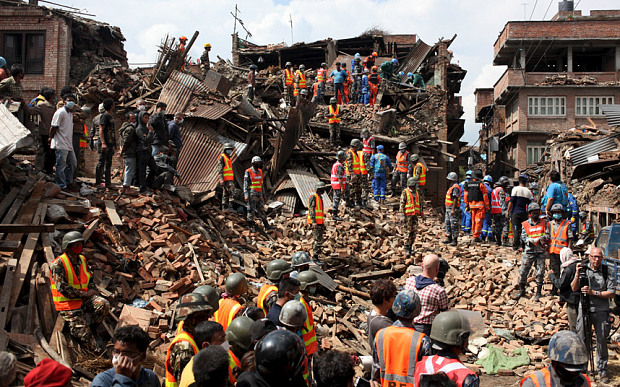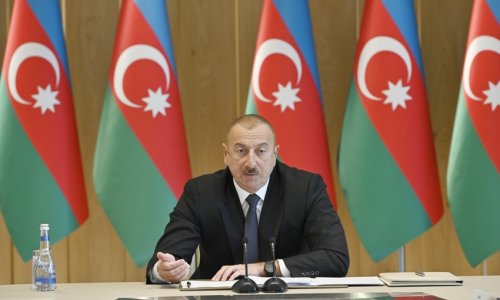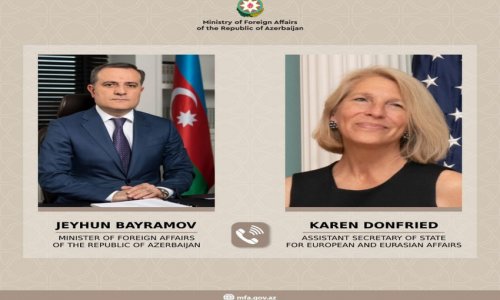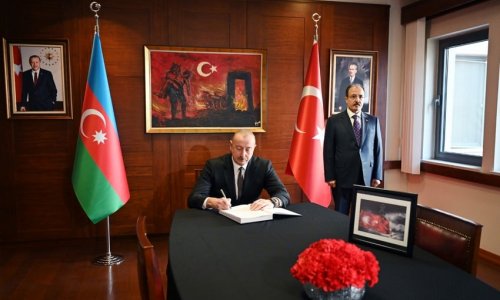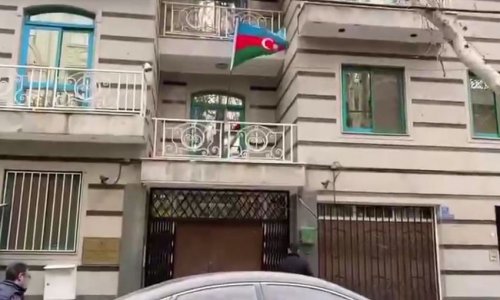The Asian Development Bank (ADB) hosted a Partnership Forum for Nepal on Sunday during its 48th Annual Meeting to affirm international support for the country, following the devastating 25 April earthquake. Delegates from 25 countries and representatives from the United Nations (UN), World Bank, International Monetary Fund and European Investment Bank attended. The meeting was jointly chaired by ADB President Takehiko Nakao and Nepal's Finance Minister, Ram Sharan Mahat.
Delegates expressed their deepest condolences for loss of life and reiterated their solidarity and continuing support for the people of Nepal. "The international community stands together with the people and the Government of Nepal at this challenging time," said Mr. Nakao.
Participants from countries and international organizations described that they have already been providing temporary shelters, medical aid, and food. Neighboring countries and others are sending rescue and medical teams. Civil Society Organizations are also providing immediate help based on their experiences in disaster response.
Mr. Mahat mentioned that the most urgent help the country still needs are search and rescue, tents, and surgical equipment for displaced and injured people. He also explained although food and water can be provided from emergency stock of the Government, additional supply will be required in coming weeks.
After rescue and relief are secured, Nepal would need substantial assistance for rehabilitation and reconstruction. Mr. Mahat informed the meeting that the Government is now preparing the groundwork for medium- to long-term reconstruction efforts by setting up a $2 billion National Reconstruction Fund, to which the Government has already earmarked $200 million from its own resources. "We are counting on our development partners to fill the gap," he added.
"The earthquake has set us back on the development front," Mr. Mahat said. "After decades of policy and political uncertainty, Nepal had just begun gearing up for a higher trajectory of economic growth. We had been boosting infrastructure while working on the next generation of economic reforms. But this momentum has now been disrupted by this disaster, the scale of which we have not faced for over 80 years."
Mr. Nakao reinforced Mr. Mahat's views by adding that Nepal has been implementing sound macroeconomic policies, structural reforms, investment in health and education, together with the efforts to enact a new democratic constitution, and it is disheartening to see this devastation. The international community should make every effort to avoid a reversal of the country's progress in economic development and poverty reduction.
The meeting recognized the central role of the Nepalese Government in coordinating relief and reconstruction efforts. They stressed the importance of a damage and needs assessment to be carried out by the Government jointly with ADB, the World Bank, UN and other partners. Such a comprehensive assessment should be the basis for a "rebuild better" approach to make the country more resilient to future disasters. The Government of Nepal and delegates welcomed Japan's proposal to organize with ADB and other interested development partners a conference to support reconstruction.
ADB for its part has already released a $3 million grant to support humanitarian efforts in the earthquake-hit areas and announced that it will provide up to $200 million of additional resources for reconstruction. In addition, ADB can reallocate up to $300 million from existing ADB projects in Nepal.
ADB, based in Manila, is dedicated to reducing poverty in Asia and the Pacific through inclusive economic growth, environmentally sustainable growth, and regional integration. Established in 1966, it is owned by 67 members—48 from the region. In 2014, ADB assistance totaled $22.9 billion, including cofinancing of $9.2 billion.
www.ann.az
Follow us !

